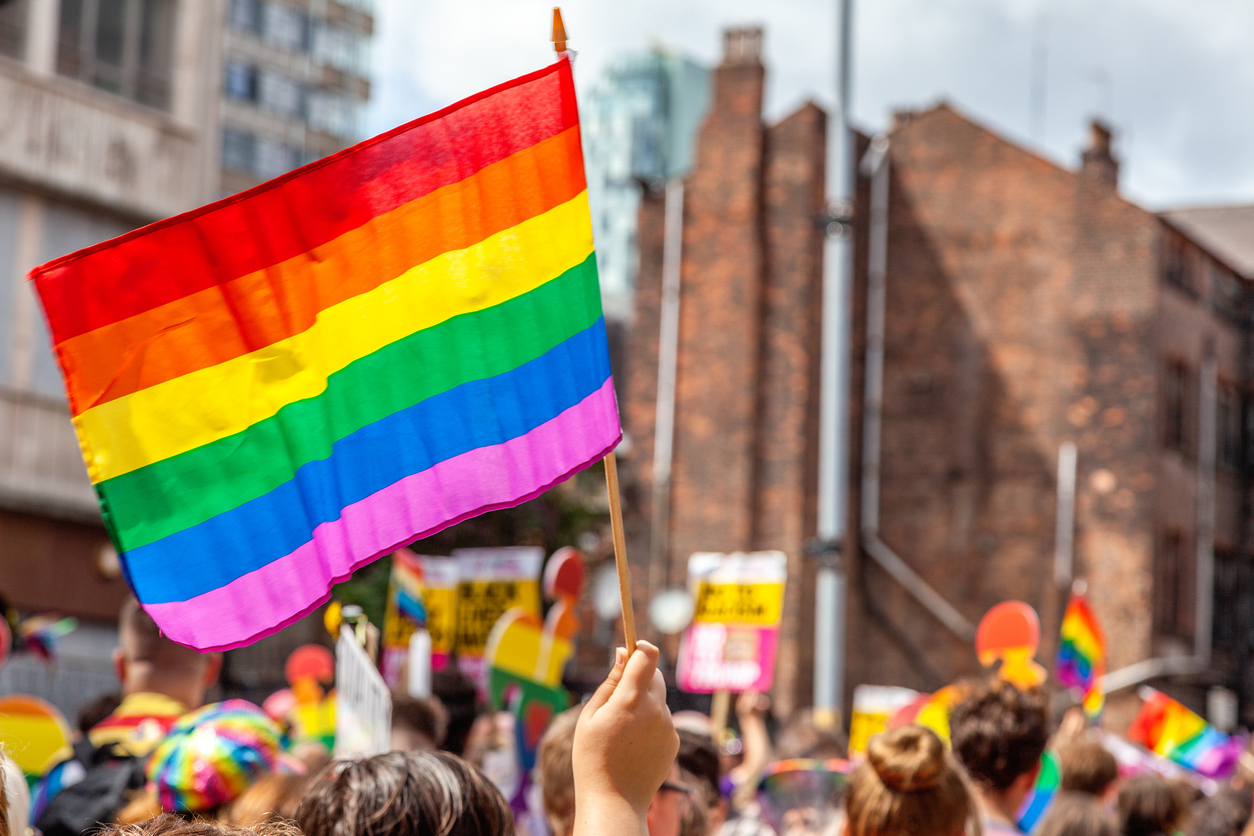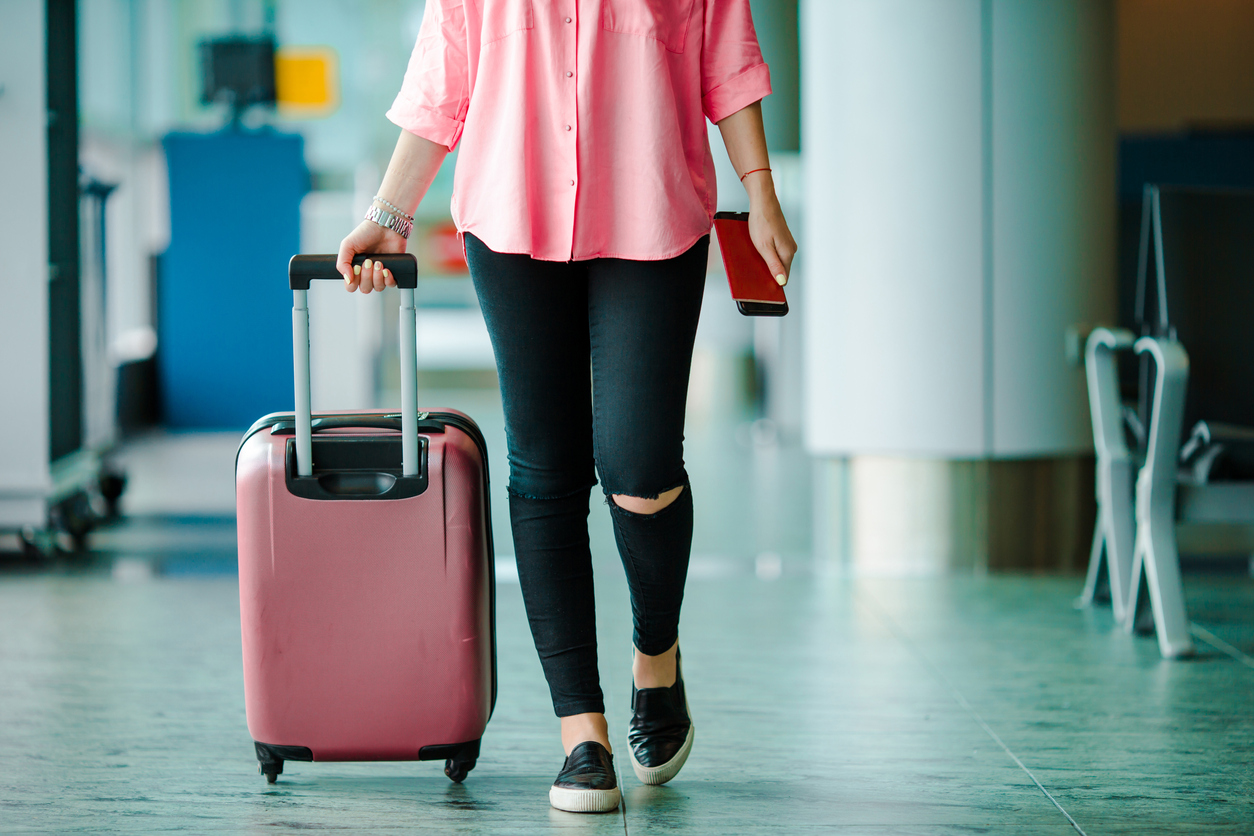Travel is a dream for many people, but it comes with certain risks and pressures. Additionally, LGBTQIA+ travellers have it worse because of the discrimination and safety issues they face from society. There are still a few regions that are not accepting and open-minded about the queer community. LGBTQIA+ community is prone to face harassment and assault in countries that are not friendly towards that community. This must not stop you from travelling or experiencing different cultures. While some regions are unwelcoming, you can still manage to have a safe and fun experience.
Also read: The Friendliest Cities Towards The LGBTQIA+ Community
Tips That LGBTQIA+ Travellers Should Keep In Mind
1. Constitutional Protection

Before you visit a destination make sure to research LGBTQIA+ rights and laws, like the legalisation of homosexuality, same-sex marriage and adoption, and anti-discrimination laws based on sexual orientation. Many countries have regressive laws regarding sexual orientation, even if the country’s tourism boasts of being friendly.
2. Progressive Nation Or Progressive Minds?

While the outlook and laws might seem welcoming, the people’s attitudes might differ, or vice versa. Discriminatory behaviour is deeply ingrained in some communities making it difficult for LGBTQIA+ travellers. For example, Morocco has strict anti-LGBTQIA+ laws but in destinations like Marrakech, people are tolerant and LGBTQIA+ groups are prevalent. China’s laws are not anti-LGBTQIA+ but they are known to have banned gay events and have taken off online LGBTQIA+ content based on censorship laws.
3. Make Yourself Aware Of Local Customs

Culture and tradition play an important role in any society and some strictly adhere to it. It is always advisable to follow the customs of a place and not engage in disrespectful behaviour. Certain mannerisms and clothes might be offensive to a particular community. If you do not wish to conform to these customs, it is better to avoid these destinations.
4. Engage With LGBTQIA+ businesses
Try to support businesses that are owned by members of the LGBTQIA+ community or businesses that have strong policies against discrimination. This tends to increase your safety and comfort. Organisations like the International Gay and Lesbian Travel Association can point you in the right direction. You can also book gay-friendly tours and guides that make sure you have no additional worries during the trip. It is always advised to travel in groups as more people ensure more safety. With tour guides, there is also the added benefit of knowing about local culture and speaking the language to manage any issues with locals. For LGBTQIA+ friendly accommodation you can try websites like Misterbnb or Purple Roofs.
5. Find A Local Person To Connect

There are many communities and organisations in various parts of the world that you can get in touch with online, that help members of the LGBTQIA+ community. It might be helpful to research those in your destination and connect with them if you have more questions.
6. Plan Well And Travel Safe

Research the rules regarding medication. Prosthetics, hormones, and other medical aids will be screened at airports. A doctor’s certificate helps to smoothen the process. Trans and non-binary travellers with prosthetic devices might be questioned, but are not required to show anything to airport authorities. Certain destinations have a limit on the quantity of medication you carry. Some countries have laws protecting LGBTQIA+ travellers (like the Transportation Security Administration agents of the US who must ask a non-binary traveller their preferred pronoun to address them, and if they would rather be screened by a male or female agent).
A Helpful Guide
We hope this guide has been useful and helps you travel safely. If you have any suggestions or experiences you want to share please feel free to do that in the comments section. If you want us to write about any other aspects or topic you are welcome to mention that as well.


